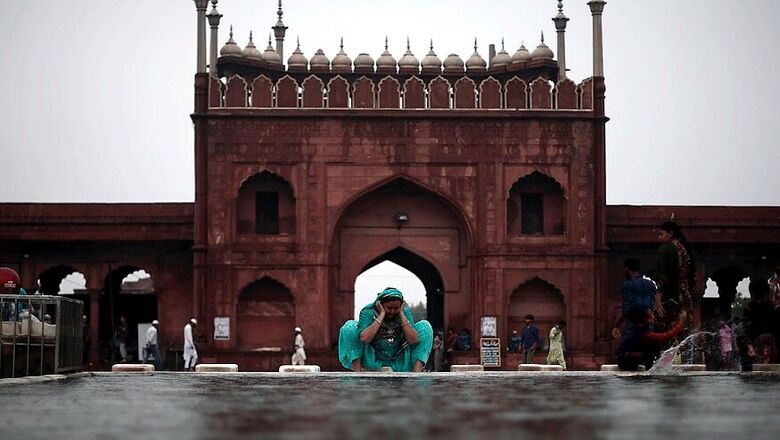
views
New Delhi: At a time when the country is following the historic Supreme Court proceedings on Triple Talaq, which could have wider ramifications on personal laws and minorities, Law Commission Chairman Justice BS Chauhan told News18 that the proposed draft on Uniform Civil Code will not be prepared till the apex court delivers its verdict in the case, which is expected in July.
In an exclusive interview to News18, Justice Chauhan said the Commission will wait for the Supreme Court verdict as it is likely to make observations which will be binding for all.
“Court is asking a lot of questions to understand the issue and we think the court is making observations. The court will be discussing concept of religion, personal law, and also the difference between religious faith and religious practice. Essentially, what they are and how to determine them. I hope the judgment comes by July as the CJI will retire in August,” said the Law Commission Chairman.
Justice Chauhan said there were multiple issues which require clarification by the apex court. “SC will have to now determine what personal law is. Personal law was first interpreted as Hindu law and not Muslim law. If you see Article 25, there are words which are tricky like public order, health and morality. Now this article has to be read subject to Article 21 and that is why we have kept quiet and want to see the SC verdict on this,” he said.
On a hypothetical question around UCC’s role assuming a situation where the court strikes down Triple Talaq and upholds Talaq-e-Hasan or Talaq-e-Ahsan, Justice Chauhan said, “UCC includes right to succession, inheritance, property and other aspects… marriage and divorce may be a part of it.”
“Suppose SC comes to the conclusion that Triple Talaq is a practice and it is not essential to the religion then UCC can include divorce. There are also people who believe that Triple Talaq and other two (forms of talaq) are unconstitutional,” said Justice Chauhan.
When asked about his personal views on the subject, Justice Chauhan said the practice of instant divorce needs to change. “Polygamy is not a big issue among Muslims as the percentage is very less among them. It’s difficult to sustain a single wife now, who would take care of two. The problem is with instantaneous divorce and the court is looking into. It’s a very absurd thing for the wife and children. There was a recent instance when the wife did not have milk to feed the child and when she had asked the husband for some money, he pronounced Triple Talaq. Now this is something which needs to change,” said Justice Chauhan.
He said that the commission has received a large number of replies from across the country and was hopeful that a reform is on the anvil.
Justice Chauhan had first spoken about the questionnaire that the commission was going to circulate to gauge public opinion on the subject of Uniform Civil Code in an exclusive interview with News18 in October last year.
“The UP elections came along with other elections and we wanted to wait and discuss the issue with religious and political parties. Now as Triple Talaq issue is going on in the court, a lot of things will be argued in the case. Even if the court rules only on Triple Talaq, it will make many observations which will be helpful to us. Women have come forward… whatever they have to say, at least debate has started and if there is a healthy debate, then they will definitely ask for a certain form of reform and the demand will be from their own community,” said Justice Chauhan.
According to Justice Chauhan, All India Muslim Personal Law Board (AIMPLB), which had boycotted the commission in November last year, has now attempted to reach out.
“There have been cases when one person sent us replies in different names and submitted a large number of forms to us. Even the AIMPLB which had boycotted us during last November came to us on April 13 this year with a delegation of 12 people, including four women. In the meeting, they told us that they had garnered about five crore signatures saying there should be no interference in Sharia. They claim there are almost two crore women (among the signatories). But we cannot accept this argument now because we need to see what is Sharia and this verdict will help us in making it clear,” said Justice Chauhan.




















Comments
0 comment